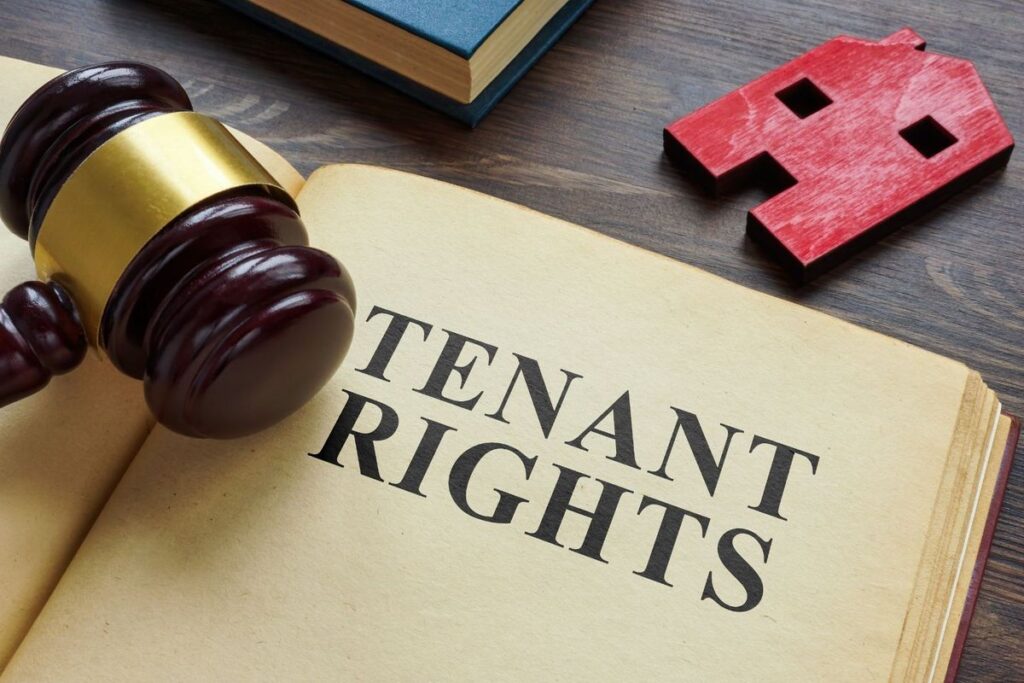The fine print with the tenancy laws may prove a little daunting, but knowing your rights is the paramount thing towards getting a fair living arrangement. This guide will help you understand the legal protection that prevails for a tenant across the UK so that you are armed with the right information whenever you need to assert your right.
If you are a tenant staying within the UK, there are rights that the law has given and protected. According to property experts including letting agents in Chelsea, whether you’re renting your first flat or have been leasing for years, understanding your legal standing could save you trouble and guarantee a good relationship with your landlord.
The main scope of this blog is to discuss major issues regarding tenant rights: contracts, deposits, repairs, disputes, and seeking redress.
Understanding your tenancy agreement
Types of Tenancy Agreements
- Assured Shorthold Tenancies (AST): The most common form of rental agreement in the private sector.
- Non-assured tenancies: Apply if you are renting from a private landlord and the rent is very low or high.
Important Elements of a Tenancy Agreement
- Rent details, methods of payment, and due dates.
- Describe how much of the ‘deposit’ would be
- Responsibilities of the tenant and landlord.
Your rights under the agreement
- Right to a written agreement in case the tenancy is for a period exceeding one year.
- Terms and conditions are written in plain language, free of unfair terms.
Deposit Protection
The landlord has to safeguard the deposit by handing it over to one of the government-approved schemes within 30 days of receiving it. Such protection ensures that any disputes regarding deductions at the end of tenancy are handled before the parties are involved.
Your landlords need to give you information on how they are protecting your deposit. This includes:
- Contact information on the tenancy deposit scheme.
- How to apply for a deposit refund.
- What to do when there is a deposit dispute.
Repair and maintenance rights
Most of the repairs to your rental property should be done by the landlord. These are structure and exterior; heating and hot water systems; basins, sinks, baths, and other sanitary fittings. And the landlord’s responsibilities shall also include:
Report the needed repairs to your landlord. Live in a safe and healthy environment.
Execution of these emergency repairs should be done with promptness.
Dealing with disputes
- Communicate in writing and have records.
- Approach mediation services for conflicts
- Know when to approach the Housing Ombudsman.
Understanding Eviction Procedures
The landlord should give reasonable cause and lay down the proper procedures. That will depend with the eviction grounds and notice periods on either periodic or contractual tenancy. Your landlord has to let you enjoy your privacy and the quiet of your home. They’re not allowed to come into the place without giving you notice of 24 hours, except for an emergency. This right protects you from: Unreasonable visits at unsocial hours.
Conclusion
It is, therefore, of prime importance that you understand your tenant rights mostly for allowing a good relationship between you and your landlord and for ensuring that your renting experience is as stress-free as possible. In understanding these very basic aspects of what your legal protections are, you will be able to better negotiate tenancy agreements from a position where you can raise issues and secure your rights should the need arise. Always seek legal advice if you are in doubt about your particular situation or are in need of help.


